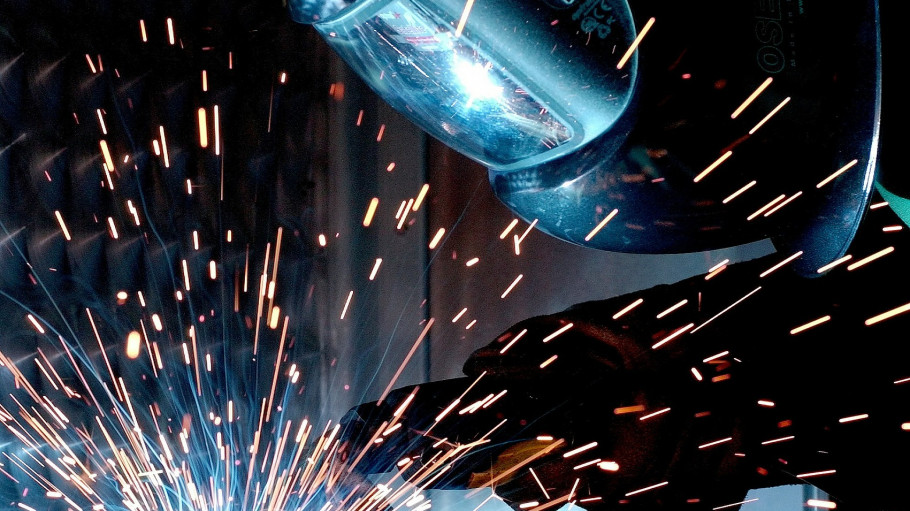
Issues » Trade and external relations » EU Enforcement Regulation
EU Enforcement Regulation
Downloads and links
Recent content

Effective EU enforcement is critical for the European steel industry often facing situations wherein foreign steel producing exporting countries do not respect the fundamental obligations they have taken under WTO and FTA commitments.
The current enforcement regulation, in existence since 2014, allows the European Commission to impose countermeasures after the EU has won a dispute settlement proceeding in the WTO or under a bilateral EU trade agreement. The EU can adopt countermeasures only at the end of a dispute settlement procedure, having received an authorisation from the WTO.
However, as of 11 December 2019, the binding WTO Dispute Settlement system is no longer functioning. The failure of WTO Members to agree to appoint new members to the WTO Appellate Body means that a WTO Member can escape from a binding ruling, and hence the authorisation to adopt countermeasures against it, by simply appealing a panel report.
EUROFER welcomes the Commission’s proposal (December 2019) to upgrade the EU Enforcement Regulation as part of a new priority to strengthen enforcement of the EU’s rights under international trade rules. The European steel industry needs an effective dispute settlement/arbitration system including the possibility to appeal.
EUROFER also believes that already upon initiation of a dispute settlement or arbitrage procedure by the EU, interim measures should be possible in case of manifest violation of international trade rules putting at stake the commercial interests of the EU.
Brussels, 27 November 2024 – The European steel industry is at a critical juncture, facing irreversible decline unless the EU and Member States take immediate action to secure its future and green transition. Despite repeated warnings from the sector, the EU leadership and governments have yet to implement decisive measures to preserve manufacturing and allow green investments across Europe. Recent massive production cuts and closure announcements by European steelmakers show that time has run out. A robust European Steel Action Plan under an EU Clean Industrial Deal cannot wait or manufacturing value chains across Europe will simply vanish, warns the European Steel Association.
Brussels, 22 October 2024 – The steel crisis will be at the centre of the European Parliament (EP) Plenary sitting tomorrow morning in Strasbourg. Members of the European Parliament (MEPs) will debate how to tackle the dire situation facing the European steel industry and its workers, caused by global steel overcapacity, unfair trade, low demand in the manufacturing industry and high energy prices in the EU. This public discussion raises high expectations for a fit-for-purpose EU Steel Action Plan to be implemented swiftly to save the sector as the basis for EU manufacturing, underscores the European Steel Association.
Brussels, 16 August 2023 – On 14 August, the Commission initiated two anti-circumvention investigations regarding possible circumvention via Taiwan, Turkey and Vietnam of the anti-dumping and anti-subsidy measures imposed in 2021 and 2022 against imports of stainless steel cold rolled flat products from Indonesia. EUROFER welcomes the openings and the immediate registration of the imports from those countries towards a possible retroactive application of the existing duties.